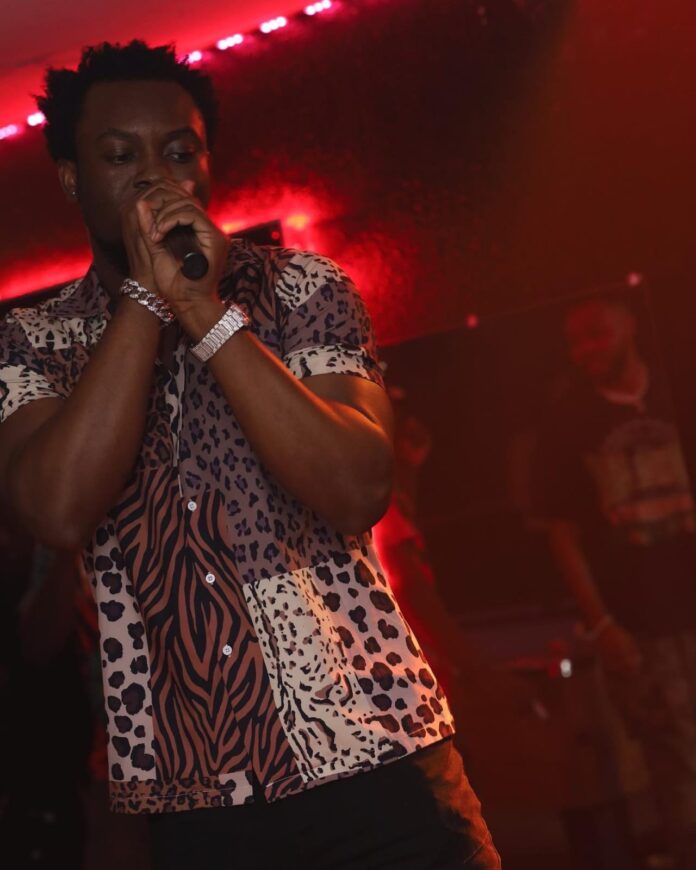Nowadays, rap music has evolved significantly since its inception in the 1970s. The genre has become one of the most popular music genres worldwide, with a diverse range of artists producing a variety of sounds and styles. Today’s rap music is characterized by production, catchy melodies, and diverse lyrical content, ranging from social issues to personal experiences. Many rap artists incorporate other musical genres such as R&B, rock, and pop into their music to create a unique sound. The rise of social media has also revolutionized the way rap artists connect with their fans, and many have built massive followings online, allowing them to reach global audiences in real-time.
In recent years, Nigerian rappers have gained increasing recognition in the US rap scene. Many of these artists have made significant contributions to the genre, infusing their African heritage and culture into their music. Many artists have not only brought attention to the Nigerian rap music scene but have also helped to bridge the gap between African and American cultures, highlighting the importance of diversity and inclusion in the music industry. One of the leading names in Nigerian rap who migrated to US is Osamede Omorodion.
Osa, whose real name is Osamede Omorodion, is a talented Nigerian American rapper, singer, songwriter, and record producer. He was born on August 27th, 1992, and grew up in Benin City, Edo State, Nigeria, before relocating with his family to the United States. Osa attended private schools in Benin City for his elementary, middle, and high school education, where he excelled and scored impressive grades in his SSCE. With a passion for music, he went on to attend the School of Audio Institute New York to further develop his skills.
Osa, made a bold move in 2014 when he left his home country to pursue his music career in the United States amidst an economic crisis. Osa started in high school, beginning with crafting his skills in music production and released his first single as a novice in 2007. His musical journey is a testament to the hard work and dedication it takes to make it in the industry, with several milestones along the way.
In 2018, Osa gained widespread recognition with his hit single “Flash,” and followed up with the viral success of “Airplane Mode” during the pandemic in 2020. The release of his “Black Bird EP” the next year was a highly anticipated project that has amassed over half a million streams on Spotify alone. Osa’s diverse background and influences are reflected in his music, which blends Afrobeat, hip-hop, and trap elements to create a unique sound that has resonated with fans worldwide.
Beyond music, Osa is also a fashion enthusiast and has released successful clothing collections. Raised in a Christian household alongside his three siblings, Osa continues to make a name for himself in the music industry with his talent, hard work, and dedication. His stage performances have been featured in major events worldwide, and his music continues to stream across various media channels. With his unique sound and passion for music, Osa is definitely a rapper taking the music scene by storm.
Osa has a growing discography as he released his first official project in 2021, titled “BLACKBIRD EP,” which features six tracks that showcase his unique blend of rap, R&B, and Afrobeat influences. The project includes singles such as “Look at Me,” “Believe,” and “No More.” Osa’s music often reflects his personal experiences and background, with themes ranging from love and heartbreak to perseverance and success. His smooth vocal delivery and catchy beats have earned him a growing fanbase both in the United States and Nigeria. In addition to his solo work, Osa has collaborated with other artists, including fellow Nigerian American rapper Jidenna, and has also produced beats for other musicians. His discography is a testament to his dedication and hard work, and he continues to strive to create music that resonates with his audience and showcases his unique sound.
Rap music has given a voice to marginalized communities, allowing them to express themselves and their experiences in ways that were previously not possible. It has also provided a platform for social and political commentary, with artists using their music to address important issues such as racism, poverty, and police brutality.











